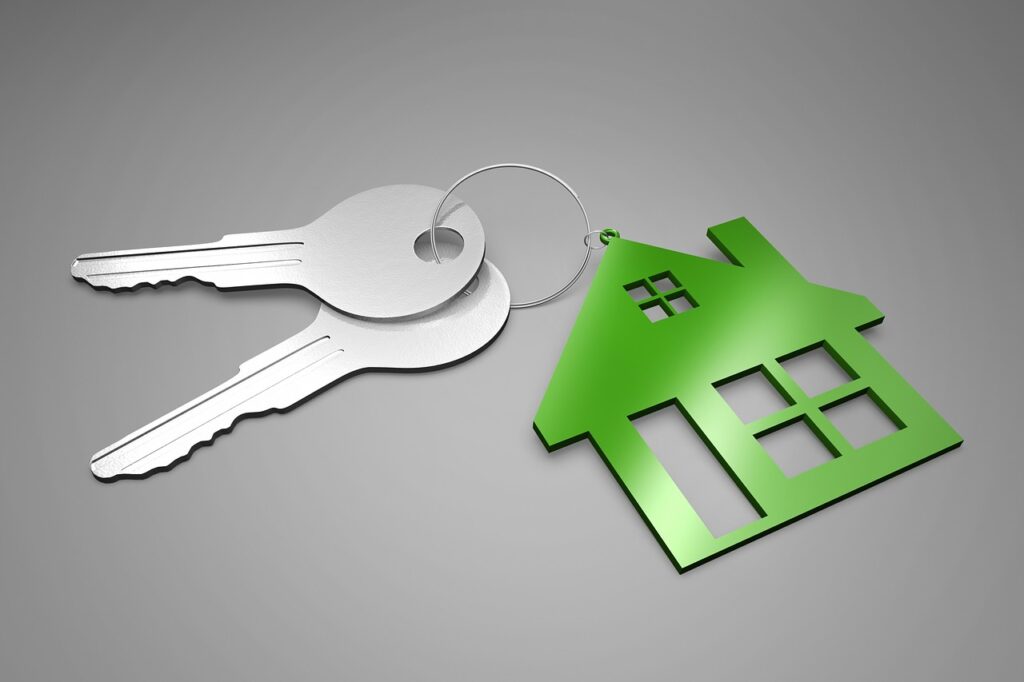Are you considering making a cash offer on a house? Whether you’ve got stacks of money saved up or you’re looking to make a quick purchase, it can be tempting to go for the all-cash option. But before you pull out that chequebook, it’s important to understand the pros and cons of a cash offer on a house. Let’s take a look at what you need to consider before committing to cash.
Pros of Cash Offers:
1.Speed:
Making an all-cash offer is often the quickest way for a buyer to secure a property. A cash sale can close in as little as 7 to 28 days from when the offer was made, depending on the buyer’s preference and how quickly the paperwork can be signed. This is much faster than common traditional financing as there are way fewer contingencies for a cash buyer. According to real estate experts, cash buyers don’t have to worry about appraisals and getting loan approvals –both of which may potentially cause delays that last months. As such, a cash home purchase provides both buyers and sellers with an easy and efficient way to make a deal without lengthy waits or hurdles.
2. Elimination of Financing Contingencies:
When making a cash offer on a house, one of the primary benefits is the elimination of financing contingencies. A cash purchase eliminates the need to obtain loan approval or shop for real estate financing, thus making the process more straightforward. Buyers paying with cash can move forward in purchasing a home without waiting on loan approval, pre-approval letters, appraisal deadlines and other similar requirements associated with mortgage financing. As such, a buyer has much more control over the process because they can quickly close and possess their new house right away. By eliminating these contingencies, cash offers generally have an edge over bids that involve mortgages due to a faster closing time.
3. Stress-Free Transactions
Making an all-cash offer on a house is often a smart move and can make the sales process easier and faster, avoiding potential hassles by taking financing off the table. Cash deals are attractive to sellers who may not be paying a mortgage anyway. They can save time on loan processing, inspections, appraisals and other factors involved with seeking bank financing. With lenders requiring so much documentation from buyers, quick cash transactions can give certain buyers an advantage in competitive markets. While most cash purchasers are investors, with their own financing or resources to draw upon, some personal buyers may have the flexibility to take advantage of having ready funds at closing. Whether you’re a buyer or seller, when it comes to convenient and hassle-free house transactions, making or receiving an all-cash offer is always beneficial for both parties.
Cons of Cash Offers:
1. Upfront Cost and Lack of Liquidity:
Unless you’ve saved up a large sum of money for your home purchase, paying for it in cash can be a significant financial burden. You may need to tap into savings, liquidate investments, or take out a loan to cover the cost.
Moreover, committing your money to an all-cash offer leaves you with less flexibility. You won’t have access to the funds until the sale is finalised, meaning you don’t have any liquidity or extra cash on hand if an emergency arises. Moreover, a cash purchase can also limit your future financial options, as you won’t be able to use the money to invest or put towards other goals.
2. Diminished Range of Opportunities:
One of the key disadvantages is the loss of diversification associated with placing all your funds in one asset. With a cash-only transaction, all of your funds will have been invested in one area, for one purchase. That leaves you extremely vulnerable if anything goes wrong or market values decline. Interest rate fluctuations and changes to tax laws may further complicate the situation. Furthermore, without diversification, it can be difficult to predict the long-term return on investment you could realise from single property income alone.
3. Potential Tax Impact:
Tax implications are one such issue that shouldn’t be overlooked, especially when dealing with such a large purchase. Depending on how the cash offer is structured, the individual may be subject to capital gains tax. This means they could see increased taxes upon payment of the house and potentially additional taxes down the line if it was to resell for a higher amount than what was originally paid upfront. Even though cash offers often seem like an attractive option, potential buyers should always consult with their financial advisors before signing any official paperwork to ensure that they are well informed about the tax implications involved.
Conclusion
Making a cash offer on a house can be a great way to move quickly and make your dream home yours. But it’s important to understand the pros and cons before committing to an all-cash offer, so you can make sure it makes financial sense for you. Cash purchases are not always ideal when it comes to mitigating risk; scouting out multiple investments and diverse financial portfolios is always preferred in order to secure greater stability and more consistent returns over time.
Consider all of your options carefully before making your decision!
Good luck!

